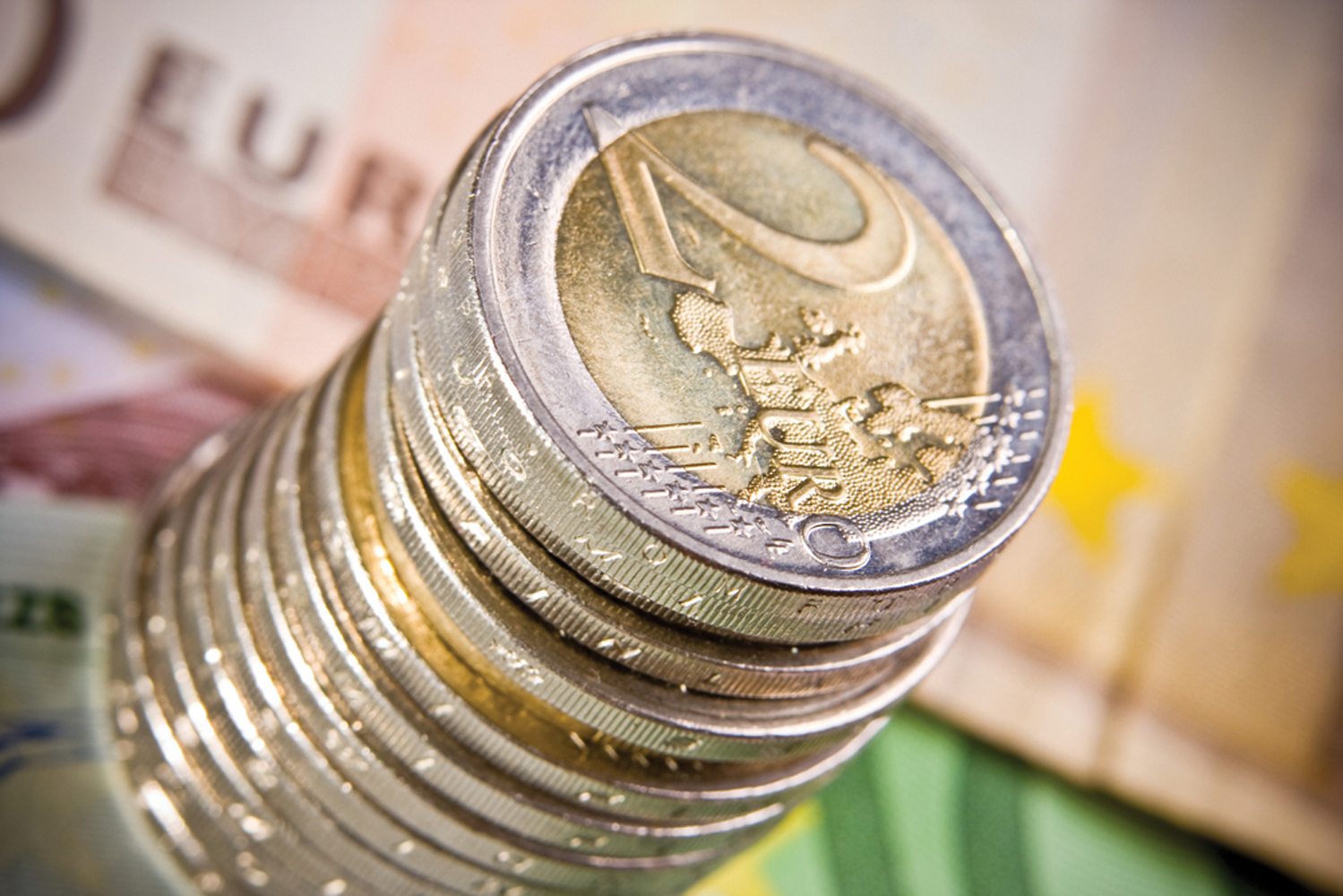Household Bills
UK economy narrowly avoids recession

Guest Author:
Emma LunnGrowth in the UK economy has slowed to its lowest rate in almost a decade, according to the Office for National Statistics (ONS).
Year-on-year GDP growth slowed to 1 per cent in the three months to the end of September – the lowest since the first three months of 2010.
However, the UK avoided recession after the economy expanded 0.3 per cent in the three months to the end of September. The economy had shrunk in the second quarter, and two quarters of contraction would have signalled a recession.
There had been fears that Brexit uncertainty could have pushed the economy into further negative growth, but Britain’s services sector – which includes industries such banking and IT – performed strongly enough to push the UK into positive territory.
Artur Baluszynski, head of research at Henderson Rowe, said: “The UK has ducked a recession but has seen the weakest growth in a decade. Brexit aside, the UK will struggle to expand if the rest of the global economy is slowing down. After a strong July and August, September was weaker. We would expect next quarter to remain modest, despite the seasonal boost, as trade tensions and political uncertainty are set to continue.”
Andy Scott, associate director at JCRA, said: “Today’s data contains nothing particularly surprising and hence sterling barely reacted with a shrug. The continual delay to the Brexit process means the UK remains an uncertain environment to invest in for businesses, which results in slower growth. The fact that a general election is under way in the fourth quarter, with the risk of either a hung parliament, or potentially a socialist Labour party forming a coalition government, suggests a further deceleration or stagnation as we close out 2019. While the fog of Brexit hangs in the air, the clouds over the economy continue to darken.

Why Life Insurance Still Matters – Even During a Cost-of-Living Crisis
Sponsored by Post Office
“Sterling meanwhile has taken the decision to have an early general election and the news that two Bank of England members voted for a rate cut last week, largely in its stride. Sterling is currently trading at 1.28 versus the Dollar, down only 2 cents from a five-month high reached last month, while it is trading at 1.16 versus the Euro, less than half a cent from its recent highs.
“The next test for GBP investors is now only a month away, what to do if the betting odds are right and the most likely outcome is a hung parliament? While UK politics has been far from functional of late, increased instability in Westminster would surely cause even the most optimistic GBP bulls to rethink and retreat.”